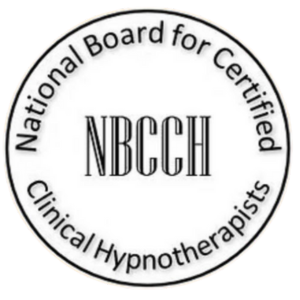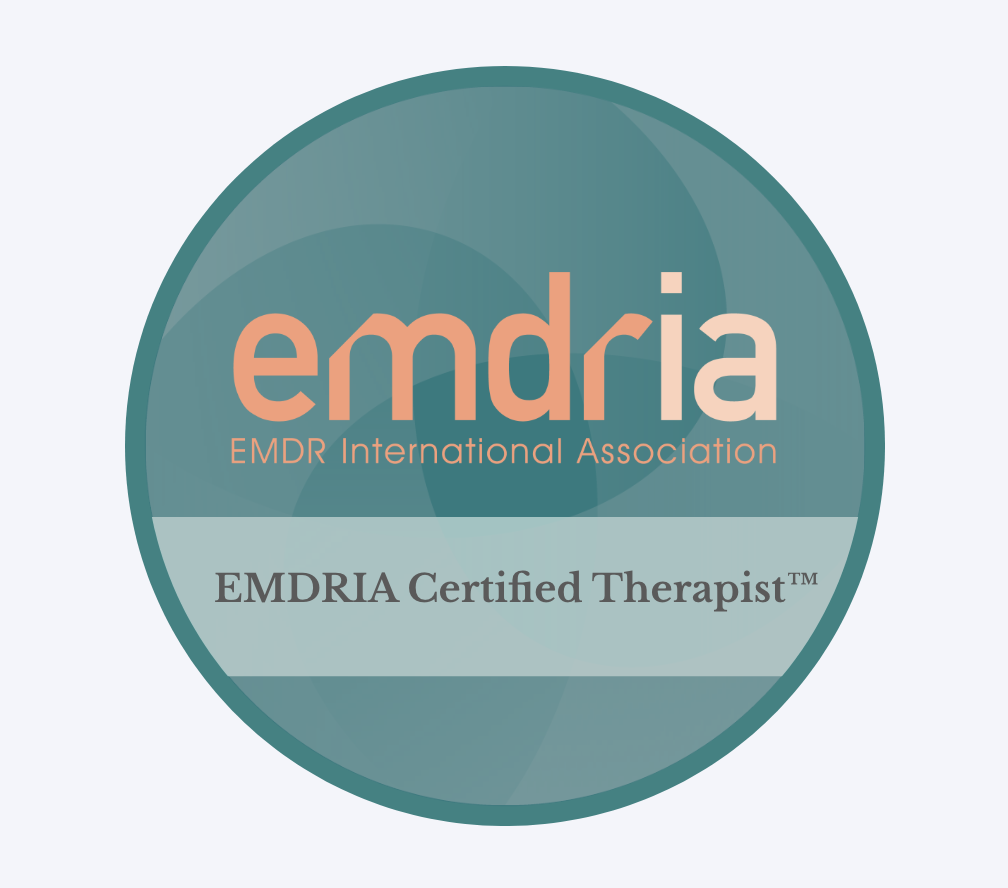
Allison Gaydos
LCSW, NBCCH
Psychotherapist
Therapy for Adults
She/Her
allison@cultivatetherapyteam.com
Text/Call: (201) 243 4435
Allison is a National Board Certified Hypnotherapist as well as a EMDR Certified Therapist.


Unlock your mind. Heal your past.
If talk therapy isn’t working and you are still struggling to heal from physical, emotional, or sexual abuse, the impact of emotionally immature parents, and other painful or traumatic life experiences, it’s time to consider a different approach.
I’m a Board Certified Clinical Hypnotherapist, EMDR Certified Therapist, and trauma specialist. I offer EMDR, IFS and clinical hypnosis for clients who want to reduce traumatic memories, get to know their healthier adult selves, set boundaries with others, and build more rewarding intimate relationships.
These therapies work directly with the brain’s neural pathways and the nervous system to facilitate change and bypass some of the cognitive defenses or resistance that may slow down progress in talk therapy.
I focus on:
- EMDR for trauma and PTSD
- Clinical Hypnosis
- Internal Family Systems Therapy
- Adult children of emotionally immature parents
- Recovering from abuse and neglect (physical, sexual, emotional)
- Healing from PTSD, or complex PTSD
- Anxiety and panic attacks
- Low self-esteem and self-worth issues
- Dealing with emotionally immature parents
- Overcoming depression and anxiety
- Weight management concerns
- Engaging in unhealthy behaviors
If traditional talk therapy isn’t working, healing is still very possible. Many long-term symptoms of PTSD and mood issues linger because memories are stored in a dysfunctional way. My approach can properly integrate your memories and then many behaviors, triggers, and symptoms can disappear.
My Approach
My clients often experience noticeable improvements within just two months, because we are working at a deeper level to resolve the cause of their problems rather than just treating surface symptoms. By reaching the root of your PTSD, anxiety, or depression, etc. we can transform those issues for good, not just teach you how to manage them.
The first step in my assessment process involves understanding your life history, listening to your story, and asking specific questions to clarify your unique needs. Based on what you share, I will create a treatment plan for you that combines the most effective interventions for your specific concerns. The modalities I have advanced training in include Internal Family Systems (IFS), Eye Movement Desensitization and Reprocessing (EMDR), and Clinical Hypnosis. I’ll summarize them below:
EMDR (Eye Movement Desensitization and Reprocessing Therapy) –
EMDR is a highly effective form of therapy because it stimulates different parts of the brain than traditional talk therapy does, through bilateral stimulation, which includes eye movements, taps, or sounds. This process engages both hemispheres of the brain, helping to break through the emotional blockages often associated with traumatic memories. By activating the brain’s natural learning and processing systems, EMDR facilitates the reorganization of these memories so they are no longer stored in a distressing, dysfunctional way. As a result, the brain can integrate the traumatic experience in a healthier, more adaptive manner, reducing the intense emotions and triggers connected to that memory. Combining EMDR with hypnosis enhances this effect further.
IFS (Internal Family Systems) –
IFS focuses on uncovering and healing the internal parts or subpersonalities that hold emotional pain, beliefs, or protective mechanisms. When combined with EMDR or hypnosis allows for deeper access to these parts, helping to rewire the way traumatic memories and their associated beliefs are stored. IFS provides a safe framework for working with these parts, understanding their roles, and fostering self-compassion. This approach addresses the root cause of internal conflicts, their surface-level emotional manifestations, and leads to a healthier, more integrated sense of self.
Clinical Hypnosis–
Hypnosis creates a state of focused relaxation, that makes it easy to access the subconscious mind to work with hidden patterns and unresolved issues. This focused state allows for more efficient memory reconsolidation, which is the process where the brain updates and rewires traumatic memories, leading to faster and more profound healing. Healing involves reaching the emotional brain, where traumatic memories are stored in a way that often causes distress and triggers. Hypnosis is a powerful tool because it creates an experience-based state that allows us to communicate directly with this part of the brain.
How does it work?
When we enter hypnosis, the brain naturally shifts into slower brainwave states that allow us to access deeper layers of memory and emotion:
- Beta (13-30 Hz): our normal waking state, alert, analytical, problem-solving this is where traditional talk therapy operates.
- Alpha (8–12 Hz): A more relaxed, daydream-like state. In hypnosis, clients often drop into alpha first, which quiets the critical, analytical mind and opens the door to the subconscious.
- Theta (4–7 Hz): The brainwave state of deep meditation, creativity, and REM sleep. This is where memory reconsolidation becomes possible. In theta, the brain can reprocess and “recode” old experiences with new emotional associations.
- Delta (0.5–3 Hz): Very deep sleep. Rare in therapy but sometimes touched upon in profound trance or guided healing imagery.
In trauma-informed hypnosis, we intentionally guide the brain into alpha and theta states. Research shows these states activate the brain regions most involved in emotional regulation, learning, and memory updating (the amygdala, hippocampus, and prefrontal cortex).
This is why hypnosis is so effective for trauma:
In beta, talking about trauma can feel overwhelming or stuck, because the brain’s defenses are active.
In alpha/theta, the nervous system calms, defenses lower, and the brain becomes more “plastic.” We can reframe traumatic memories, reduce their emotional charge, and strengthen healthier beliefs at a subconscious level.
What to expect in a Hypnosis Session:
After the assessment phase, and learning more about you/what you want to gain from therapy, I will guide you into a comfortable trance state (somewhat like a guided meditation or the feeling of being absorbed in a good book). In this state your mind becomes more open to new perspectives and can do deeper healing work without the usual walls of resistance. We may use imagery, soothing language, or specific suggestions aimed at facilitating change. By communicating directly with the emotional brain (limbic system), we can calm the nervous system and creative transformative shifts in feelings and behaviors. Hypnotherapy is often enjoyable and calming for clients; and you remain in control the whole time.
Addressing Stereotypes:
Unlike the hypnosis you have have seen on stage or TV clinical hypnotherapy isn’t about controlling someone or doing silly tricks. Clinical hypnosis is a science-based therapy grounded in neuroscience designed to facilitate healing, behavior change, and emotional well-being. I am a National Board Certified Clinical Hypnotherapist and have completed advanced training, including trauma informed hypnosis training with Courtney Armstrong, a leader in the Hypnotherapy field.
Specialties
Trauma & PTSD, Sexual Abuse & Assault, EMDR, Anger Management
Session Locations
Jersey City, Telehealth: NJ & NY
Populations
Adults
Availability
Monday – Friday, Evenings
Languages Spoken
English
Professional Trainings
- Institute for Trauma Informed Hypnotherapy, Trauma Informed Hypnosis Level 1, 2025
- Center of IFS, The Treatment of Trauma and The Internal Family Systems Model, 2024
- The Clinical Hypnosis Society of New Jersey (CHSNJ), Fundamentals of Hypnosis – Level 1 & 2, 2023
- EMDRIA, Eye Movement Desensitization and Reprocessing Levels 1 & 2, 2022
- Rutgers University-New Brunswick, Addictions Counselor Training Certificate, 2021

Offices in : Jersey City / Bloomfield / Millburn
Telehealth: NJ, NY, PA, CT, and VT
General Questions:
Contact Our Admin Team
Email: office@cultivatetherapyteam.com
Text or Call: (201) 590-7397
Billing or Insurance Questions:
Contact Our Billing Team
Email: billing@cultivatetherpyteam.com
Text or Call: (201) 590-7397